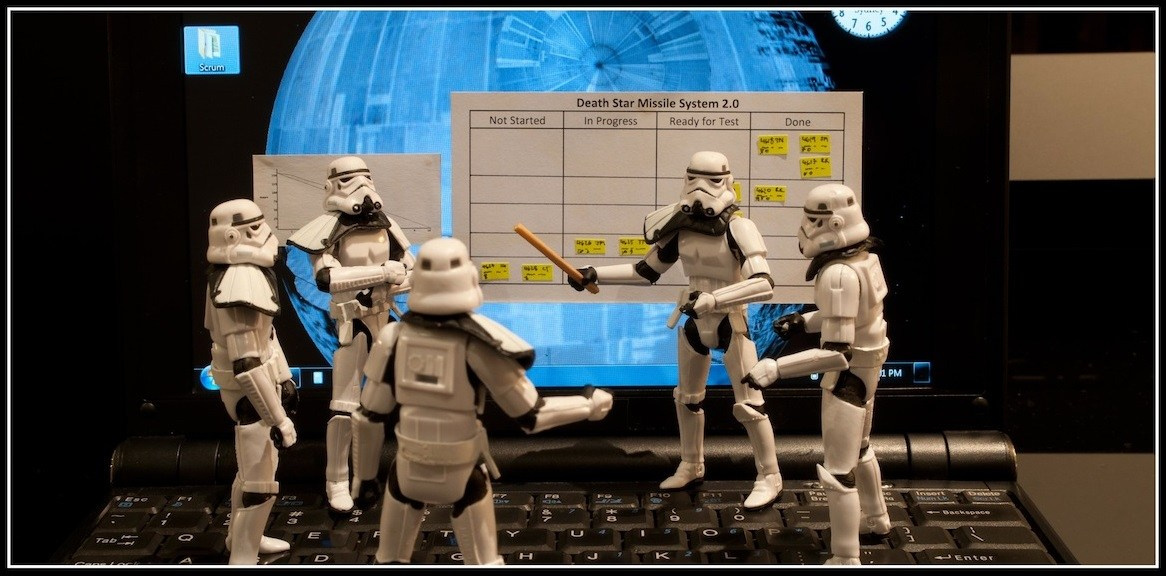The Best Way to Start Your Team’s Day While on the Clock
Tick, tock, takeoff! Most successful teams have really great morning meetings. Teams that effectively use morning meetings report higher revenue, more accountability from their staff, greater efficiency and more people buying in to the team goals. The morning meeting is your opportunity to celebrate wins, check in with your team, reset and refocus everyone’s attention on your organization’s goals—and when those objectives aren’t clear, that’s when the day tends to run very differently.
Of course, in a perfect world, every morning would start off like that. In reality, however, the mornings are often a time for putting out fires. What happens when you’ve had four call-outs, and you now have to spend your entire morning reshuffling positions just to open? What can you do when you feel you just don’t have time for a morning meeting?
Sometimes, you really don’t have time for a full morning meeting. But if your team is new to morning meetings and still needs that structure to be reinforced, then a short, laser-focused meeting is often more effective than no meeting at all. Here are some strategies to keep your day—and your team–on track:
1. Keep integrity around the meeting start time.
Even if your meeting has to be shortened to thirty seconds, keeping it in place begins to establish it as an expected part of each day. Share with them the challenges that you’re dealing with (if it’s appropriate) and get them involved in the solution. It might sound like, “Hey team, we’re short four people today, so it’s really critical that we offer the total experience to every guest every time to make sure everyone’s still being taken care of.” Then review the day’s goals and get everyone to where they need to be.
2. Do a two-minute check-in.
Find opportunities to connect with your team throughout the day, even if it’s just for two minutes. Whether or not you have a morning meeting, the most valuable opportunity to coach performance and get better results is on the field. When your team knows that they will still be accountable for their own performance despite the circumstances of the day, they will deliver better. You can even make this a game. In operations roles, check to see how many guests they can talk to in two minutes, or how much they can learn about them. Give your team reasons to succeed, even in challenging circumstances.
3. Keep your focus on the goal.
As people, it’s natural that we get a little distracted sometimes. When unusual circumstances present themselves, it’s easy to throw in the towel. What is your focus each day? Is it a target sales goal, or a certain level of guest engagement? Keeping everyone’s eyes on the daily target will tap into their sense of pride and accountability. If your team wants to do well, both individually and as a site, they will perform. Use challenging mornings as an opportunity to develop commitment to your mission and your vision.
Generally, staff training and meetings are designed to support your team growth, but they’re not some sort of magic pill. The real work happens in the follow-up and the front-line leadership. Most crucially, remember that tomorrow is another day, and you can always start fresh with a new morning meeting. Every day is a new opportunity for your staff to refocus, refresh and do their very best.






